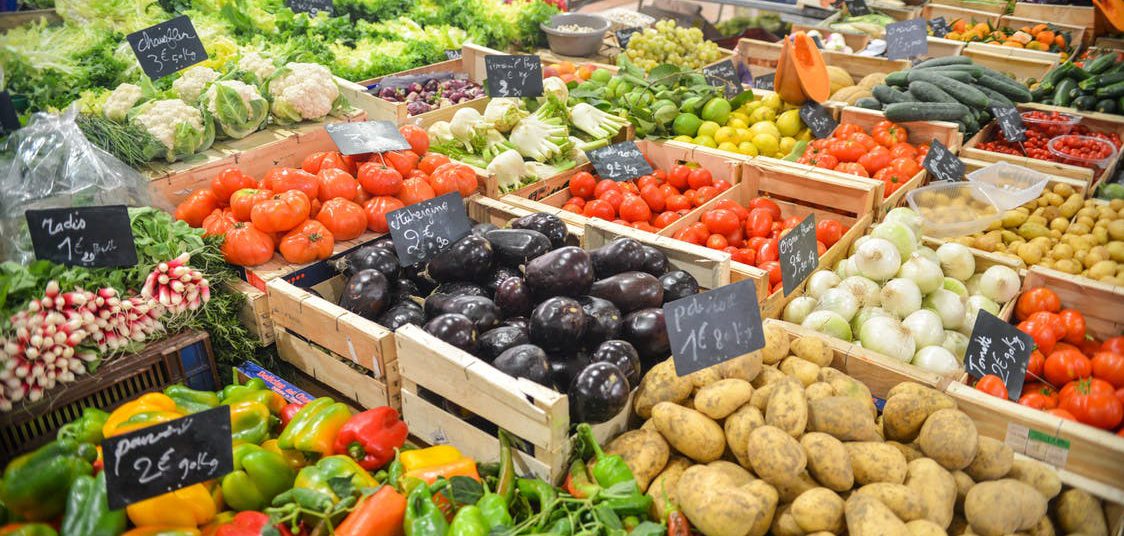
A third of all food produced is wasted globally.
By Claire Tymoshyshyn and Kirsty Bryant (members of the Business School Green Impact team)
How can we help to reduce the amount of food thrown into Landfill?
Globally, a third of all food produced is wasted, and in the UK, households – which are responsible for half of all food waste – bin over £12bn of edible food per year, at a cost of £700 to the average family. Food waste is also costly for local stores and councils, and ranks as one of the world’s largest emitters of greenhouse gases.
Food Waste Bins
The Business School Green Impact team are trialling the use of food waste bins within Jubilee. There is a bin located within the School Office kitchen and another placed in the Staff/PhD student social space on the 2nd floor.
We are able to collect raw food; fruit and veg, coffee grounds and tea leaves. We do this with the intention of composting on site and supplying staff/student allotments on campus.
Olio food sharing App
You can help to reduce your food waste by using OLIO, a free app that connects local people with each other and with local independent shops so that surplus food can be shared, not thrown away. OLIO seeks to address these problems by combining cutting-edge mobile technology with the power of the sharing economy and an engaged local community.
The app is really easy to use: simply snap a picture of the items you would like to share (you can add food and non food items) and add them to the app. Olio users will receive customised alerts and can request anything that takes their fancy. Pick-up can be arranged from home, the store, an OLIO Drop Box, or another agreed location.
You can download OLIO for free from the App Store (iPhone/iPad) or Google Play (Android) and is now available to use online.
Real Junk Food Project
Why not treat yourself to a pay-as-you-feel lunch at one of the Real Junk Food Project’s pop up cafes located in Brighton. They prepare delicious meals from perfectly good food that would otherwise have gone to landfill.
If you fancy cooking your own meal, head to their Food Waste Hub in Bevendean, where they collect the same perfectly good food and offer it to the local community on a pay-as-you-feel basis. Check out the Real Junk Food Brighton Twitter page to find out when it’s next open.


To whom it may concern,
My name is Ross and I am going into my fourth year at Sussex this September. I am very interested in sustainability and food waste and was was just writing to ask if there were any talks on food waste/sustainability throughout the year that I could attend.
If so, could you please add my Sussex email to the list of recipients for these.
Many thanks,
Ross
Hi Ross,
Thank you for sharing your interest on sustainability issues. I take a lead on the NUS Green Impact scheme within the Business School. Previously this has been a staff focussed initiative but I am hoping to open it up and gain more student involvement this academic year. In March we had a talk on Fair Trade for Staff and Students which was really interesting and am hoping to expand on this for the coming year so happy to keep you updated on any events and Green Impact opportunities.
Claire